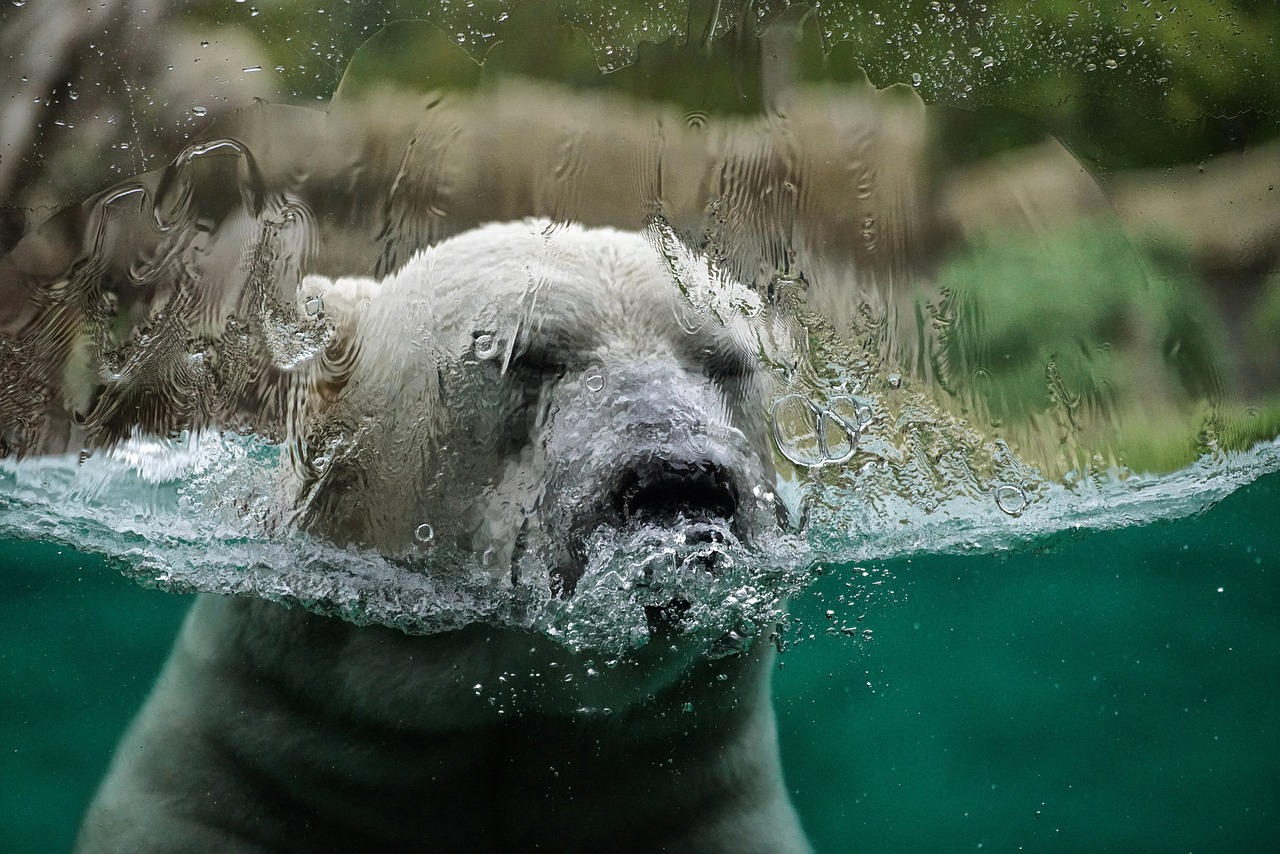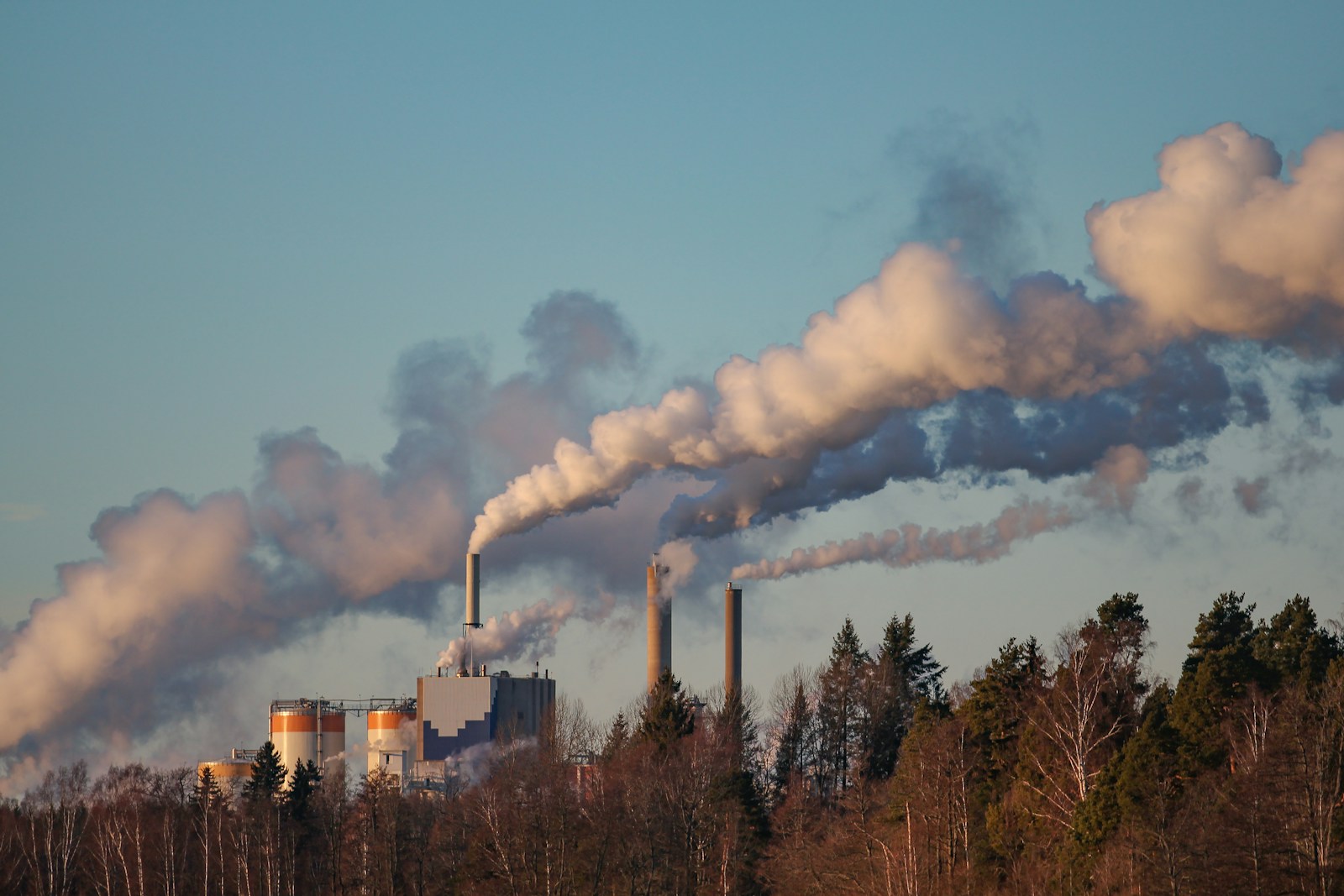Table of Contents
ToggleIntroduction
Climate change and global warming are two terms that are often used interchangeably, but they have different meanings. Global warming refers to the rise in Earth’s average surface temperature due to human activities like burning fossil fuels, deforestation, and industrial processes. On the other hand, climate change refers to the long-term changes in Earth’s climate, which include not only temperature but also precipitation, wind patterns, and other factors. In this article, we will explore the differences between global warming and climate change.
What is Global Warming?
Global warming is a phenomenon in which the Earth’s temperature rises due to the release of greenhouse gases like carbon dioxide, methane, and nitrous oxide. These gases trap heat in the Earth’s atmosphere, causing the planet to warm up. The burning of fossil fuels like coal, oil, and natural gas is the primary cause of global warming. Other human activities like deforestation, industrial processes, and transportation also contribute to the release of greenhouse gases.
The Effects of Global Warming
The effects of global warming are numerous and wide-ranging. Some of the most significant impacts of global warming include:
- Rising sea levels: As the Earth’s temperature increases, glaciers and ice caps melt, leading to rising sea levels.
- More frequent and severe weather events: Global warming can cause more frequent and severe weather events like hurricanes, heatwaves, and droughts.
- Extinction of plant and animal species: The changing climate can make it difficult for plants and animals to adapt to their environments, leading to extinction.
- Increased risk of wildfires: Warmer temperatures and drier conditions increase the risk of wildfires.

What is Climate Change?
Climate change refers to the long-term changes in Earth’s climate, including temperature, precipitation, wind patterns, and other factors. Climate change is caused by a variety of natural and human-made factors, including changes in the amount of energy the Earth receives from the sun, volcanic eruptions, and human activities like burning fossil fuels.
The Effects of Climate Change
The effects of climate change are also numerous and wide-ranging. Some of the most significant impacts of climate change include:
Changes in temperature and precipitation patterns: Climate change can cause shifts in temperature and precipitation patterns, leading to more frequent and severe droughts, floods, and heatwaves.
- Rising sea levels: As mentioned above, climate change can cause rising sea levels, which can have significant impacts on coastal cities and infrastructure.
- Changes in ecosystems: Climate change can cause changes in ecosystems, making it difficult for plants and animals to adapt.
- Increased risk of disease: Climate change can increase the spread of disease-carrying insects like mosquitoes and ticks.
Differences between Global Warming and Climate Change
While global warming and climate change are related, they are not the same thing. Some of the key differences between the two include:
Scope: Global warming refers specifically to the rise in Earth’s average surface temperature, while climate change encompasses a broader range of factors, including temperature, precipitation, wind patterns, and more.
Causes: Global warming is primarily caused by human activities like burning fossil fuels, while climate change is caused by a combination of human-made and natural factors.
Impacts: While there is some overlap in the impacts of global warming and climate change, there are also some unique impacts associated with each. For example, global warming is closely linked to rising sea levels, while climate change can cause changes in precipitation patterns.
Conclusion
In summary, global warming and climate change are two related but distinct phenomena. Global warming refers specifically to the rise in Earth’s average surface temperature due to human activities, while climate change encompasses a broader range of factors. While there is some overlap in their impacts, they also have unique effects. It is crucial to understand the importance of addressing both global warming and climate change if we hope to mitigate their impacts on our planet and our way of life.
What Can We Do to Address Global Warming and Climate Change?
There are a variety of strategies we can use to address global warming and climate change, including:
Reducing greenhouse gas emissions: The most effective way to address global warming is to reduce the amount of greenhouse gases we release into the atmosphere. This can be done through a variety of strategies, including transitioning to renewable energy sources, improving energy efficiency, and reducing the amount of waste we generate.
Adapting to changes: While we can work to mitigate the impacts of global warming and climate change, some changes are already inevitable. Therefore, it is essential to plan for and adapt to the changes that are already happening or are likely to happen in the future.
Raising awareness: One of the most significant obstacles to addressing global warming and climate change is a lack of public awareness and understanding. Therefore, it is essential to educate people about these issues and encourage them to take action.
Supporting policies and initiatives: Governments and organizations can play a significant role in addressing global warming and climate change by implementing policies and initiatives that promote sustainability and reduce greenhouse gas emissions.
Conclusion
In conclusion, global warming and climate change are two significant challenges facing our planet, and they require urgent and sustained action if we hope to mitigate their impacts. While there are differences between these two phenomena, they are interconnected, and addressing one requires addressing the other. By reducing greenhouse gas emissions, adapting to changes, raising awareness, and supporting policies and initiatives, we can work together to create a more sustainable and resilient future for ourselves and future generations.








4 thoughts on “Difference between global warming and climate change”
Pingback: Natural and anthropogenic causes of climate change
Pingback: Unveiling the Debate Over Solar Geoengineering
Pingback: Ants' Struggle with Warmer Temperatures
Pingback: Global Warming: Understanding its Environmental Impacts